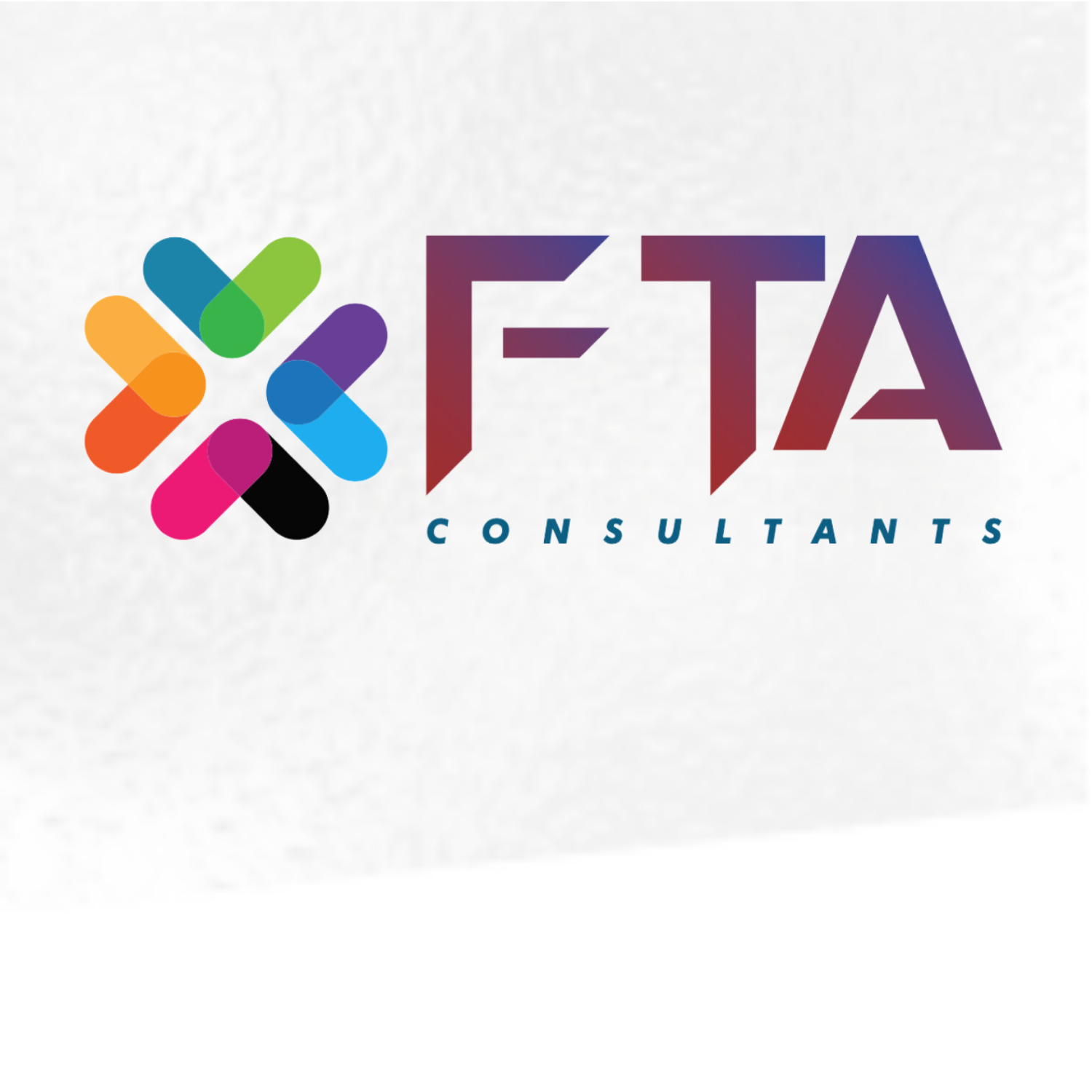Self-managed super funds (SMSFs) are a way of saving for your retirement. In SMSF, trustee transfers money from a retail or industry super fund into his own SMSF and controls the investments and insurance option.
Why you choose a self-managed super fund?
Privately managed by you, setting up a self-managed superannuation fund gives you investment control over your retirement funds.
With members in self-managed superannuation funds now holding more assets under management than any other superannuation fund in Australia, there are many benefits to setting up an SMSF. These include:
When a SMSF might be suitable for you?
Some indicators that an SMSF might be suitable are:
We can help you to
FTA Consultants can assist you in developing and managing an investment strategy that meets your risk tolerance, retirement needs, and legal requirements.
Choose us and you will be making a wise decision for your future.
A Self-Managed Super Fund (SMSF) is a super fund with no more than four members where each member is a trustee (or director, if a corporate trustee).
Unlike other super funds, SMSFs are regulated by the Australian Taxation Office (ATO). SMSFs may have an individual or corporate trustee.
SMSFs may have a corporate or individual trustee. It is possible to set up an SMSF with only one member as well as multiple members.
To comply with the law an SMSF must meet the following criteria:
Advantages and risks of self-managed super funds
SMSFs have a number of possible advantages. These include:
Requirements
Who is eligible to become an SMSF trustee?
To be eligible to become an SMSF trustee, a person must be age 18 years or older and generally not:
•be under a legal disability
•have been convicted of an offence involving dishonesty
•have been subject to a civil penalty order under the SIS Act
•be insolvent under administration e.g. an undischarged bankrupt
•or have been disqualified by a regulator previously to act as a trustee.
Where the trustee of the SMSF is a company, the company must not:
•know or suspect that a responsible officer of the company is a disqualified person
•have had a receiver, official manager, administrator or provisional liquidator appointed
•or have had action taken to wind up the company.
WARNING
Persons who knowingly act as a trustee of a super fund while disqualified can be subject to severe penalties, such as imprisonment.
Other trustee requirements
other requirements of trustees include:
Regulation of self-managed super funds
While the Australian Taxation Office (ATO) is the primary regulator of SMSFs, other government organizations, such as the Australian Securities & Investments Commission (ASIC) and the Australian Prudential Regulatory Authority (APRA), also have regulatory responsibilities in relation to SMSFs to the extent that the legislation they oversee contains provisions that are pertinent to SMSFs and the provision of SMSF advice.
Australian super fund
The SMSF must meet the definition of an ‘Australian super fund’ at all times in the income year to remain complying and so receive the taxation concessions afforded to super funds. The three tests to determine if a fund meets the definition of an Australian super fund are:
Australian Taxation Office (ATO)
The ATO is the principal regulator of SMSFs, aiming to:
However, the ATO does not focus on the prudential regulation of SMSFs as the members, being trustees, are responsible for protecting their own interest in their fund.
Our experienced team will work with you to develop a personalized and effective tax planning.
FTA Consultants provides expert tax compliance service to keep your business in line with the latest tax laws and regulations.
Save time and effort by leaving your tax preparation to FTA Consultants.
FTA Consultants offers flexible scheduling and virtual options for your convenience.
At FTA Consultants, our payroll service is designed to simplify and streamline the payroll process for your business. Our experienced team collects relevant payroll data, processes it accurately using advanced software, ensures compliance with payroll laws and regulations, and provides detailed payroll reports. We also offer ongoing support and advisory services to assist with payroll inquiries and keep you updated on any changes in payroll laws. With our professional and efficient approach, you can trust that your payroll is handled with accuracy and compliance, allowing you to focus on your core business activities.
A comprehensive payroll service typically includes tasks like processing employee wages and taxes, preparing payroll reports, managing deductions and contributions, processing forms such as W-2s and 1099s, ensuring compliance with payroll laws, and providing payroll support and advisory services.
Outsourcing payroll saves time, reduces payroll errors and compliance risks, ensures accurate and timely processing, keeps up-to-date with changing laws, provides expert support, improves data security, and allows businesses to focus on core activities.
Payroll services ensure compliance with Australian payroll regulations by calculating and withholding taxes, remitting payroll taxes on time, preparing and submitting required reports, managing superannuation contributions, complying with Fair Work Act requirements, and staying updated with payroll legislation changes.
